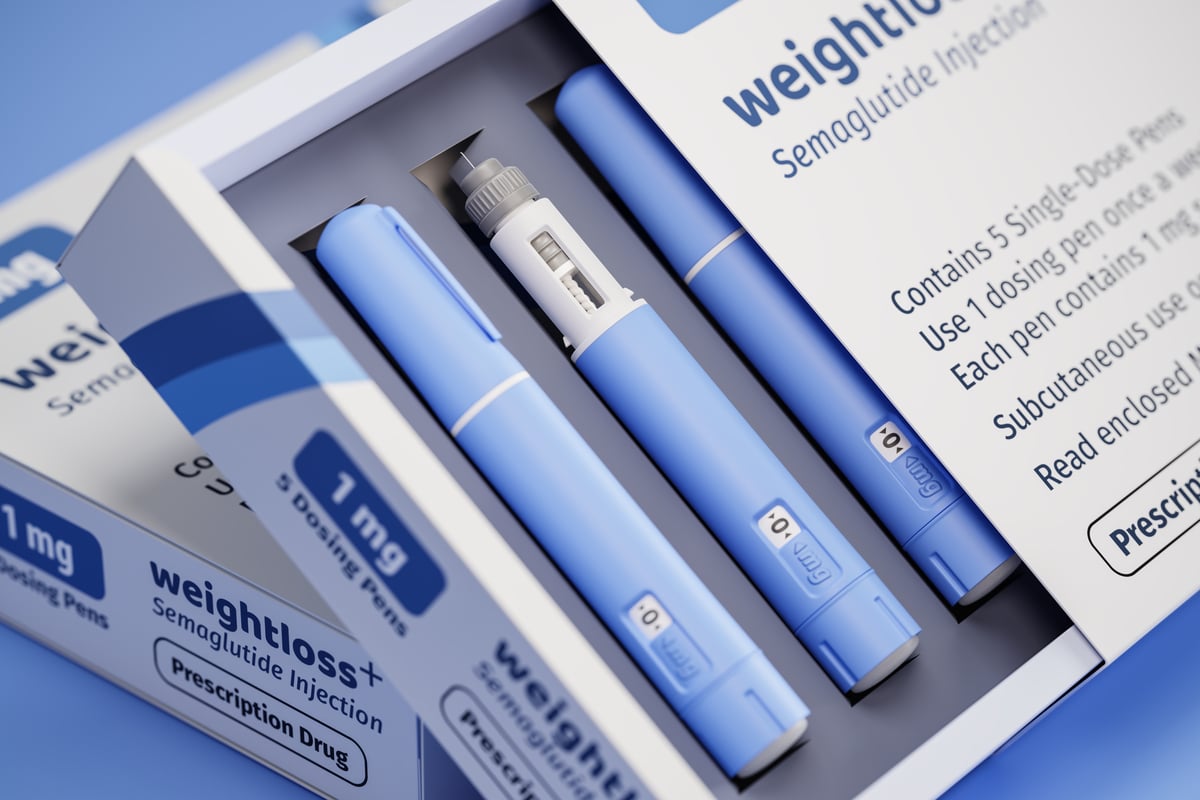Most of the headlines over the past two years about Pfizer (PFE 0.73%) have involved its vaccine for COVID-19. That makes sense. We have been in the middle of a pandemic. But the picture is clearing up (a little) with regard to what that means for the company financially.
The stock's value going forward will likely be based more on its other drugs and pipeline. And that is where management is focused. Let's dig in to see if there is enough once we get past COVID-19 to make the stock a good value right now.

Image source: Getty Images.
The center of a global healthcare crisis
At this point everyone associates Pfizer with Comirnaty, the COVID-19 vaccine it developed with partner BioNTech. Management now estimates it will bring in $33.5 billion this year in revenue from that drug alone. It's a huge win for shareholders.
Maybe more impressive is how the company flexed its muscle in demonstrating expertise in running trials, manufacturing, logistics, and regulatory processes. The scientific discoveries get all of the headlines, but actually getting a drug from the lab to billions of people is a remarkable feat. Pfizer CEO Albert Bourla knows that, but he wants to be on the sexy side of drug discovery too.
A corporate transformation is on track
From Bourla's first conference call as Pfizer's CEO he has laid out his strategy in three words: "innovating for growth." He followed through by spinning off the off-patent and generics business into Viatris and letting GlaxoSmithKline take over the consumer health business in a joint venture. The strategy has never wavered.
As the company tells it, the first fruits of the approach is developing a vaccine in under a year to curb the pandemic. However, it's had some embarrassing failures in clinical trials over the last couple of years. And if the company is going to rely on innovation for growth, it's going to need to have more wins if it expects Wall Street to treat it like anything other than a slow-growing blue chip.
The stock is cheap if management delivers
With such an overwhelming financial windfall attributable to the COVID-19 vaccine -- and vaccination becoming a political issue -- the uncertainty over the next few years is high. To try to understand whether the stock is worth buying, I'll discount future profits back to the present, as well as compare it to other large pharmaceutical companies. It's a best guess for sure. But it could provide some insight.
Thankfully, Pfizer separated Comirnaty in its 2021 guidance so we can look at its core business and the vaccine separately. Here's how those numbers break down.
| 2021 Guidance | Total | Core Business* | Comirnaty |
|---|---|---|---|
| Revenue | $79 billion | $46 billion | $33.5 billion |
| Earnings per share | $4.00 | $2.60 | $1.40 |
Data source: Pfizer. *midpoint of guidance.
Management has committed to 6% annual revenue growth not counting Comirnaty. It's also said that will translate to double-digit growth on the bottom line. Doing the math, that would put the fair value of the stock above $70 even without the vaccine. It currently trades for about $46 per share.
Add in Comirnaty -- which analysts believe will have the same success next year before dropping to $2 billion in annual sales -- and the fair value could be around $75 per share. That would mean the stock is woefully undervalued.
There's clearly a disconnect. The average analyst who covers the stock expects earnings to actually fall more than 10% next year. It could happen. The company has signed a bevy of agreements to provide vaccines in 2022 at a not-for-profit price to low- and middle-income countries. Even so, Pfizer would be trading at about 11 times next year's earnings. That would still be a cheaper forward price-to-earnings (PE) ratio than Merck, Eli Lilly, or Novartis -- three other large drugmakers.
PFE PE Ratio (Forward) data by YCharts
The bottom line
Ultimately, Pfizer will have to prove it can deliver on the promise of revenue growth that translates to the bottom line. For now, the success of its COVID-19 vaccine complicates any analysis of the future. That said, if the company hits its goals shareholders should be handsomely rewarded. The stock appears cheap from several perspectives.












